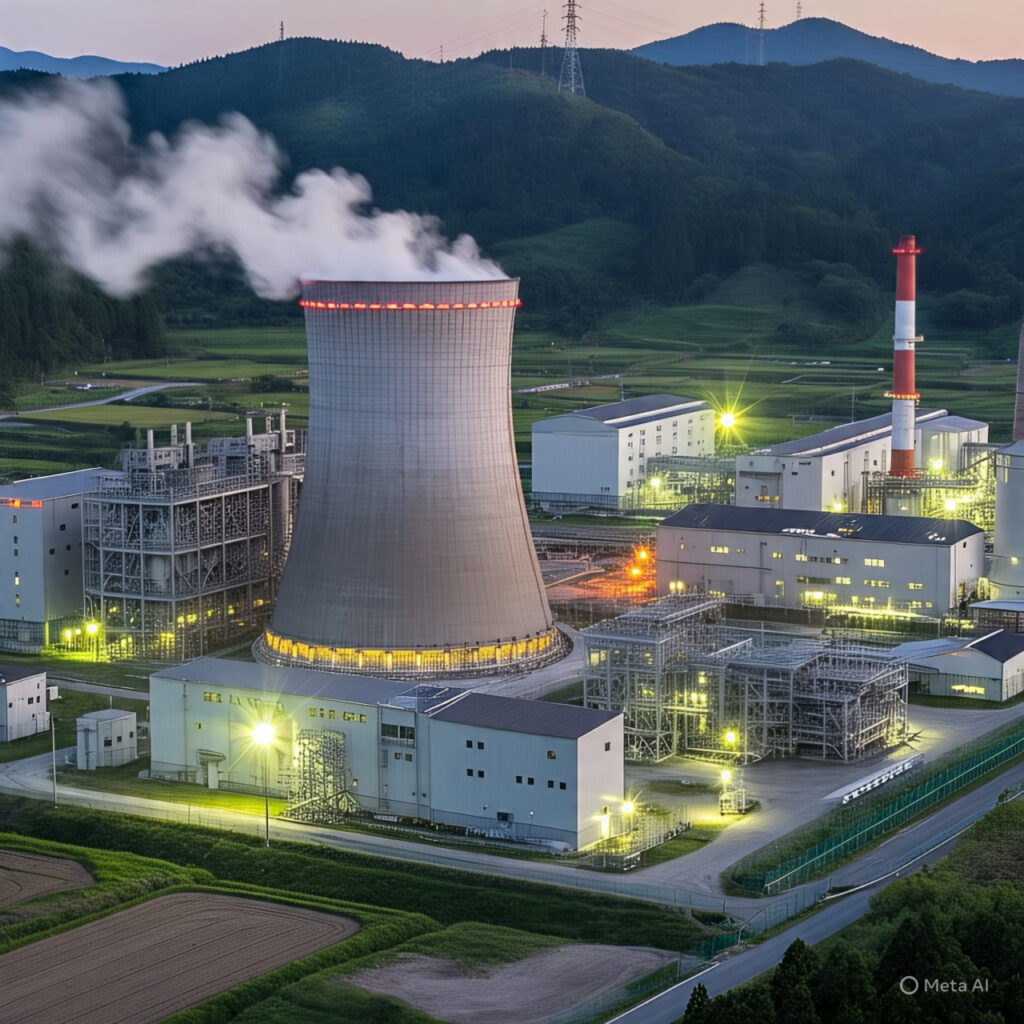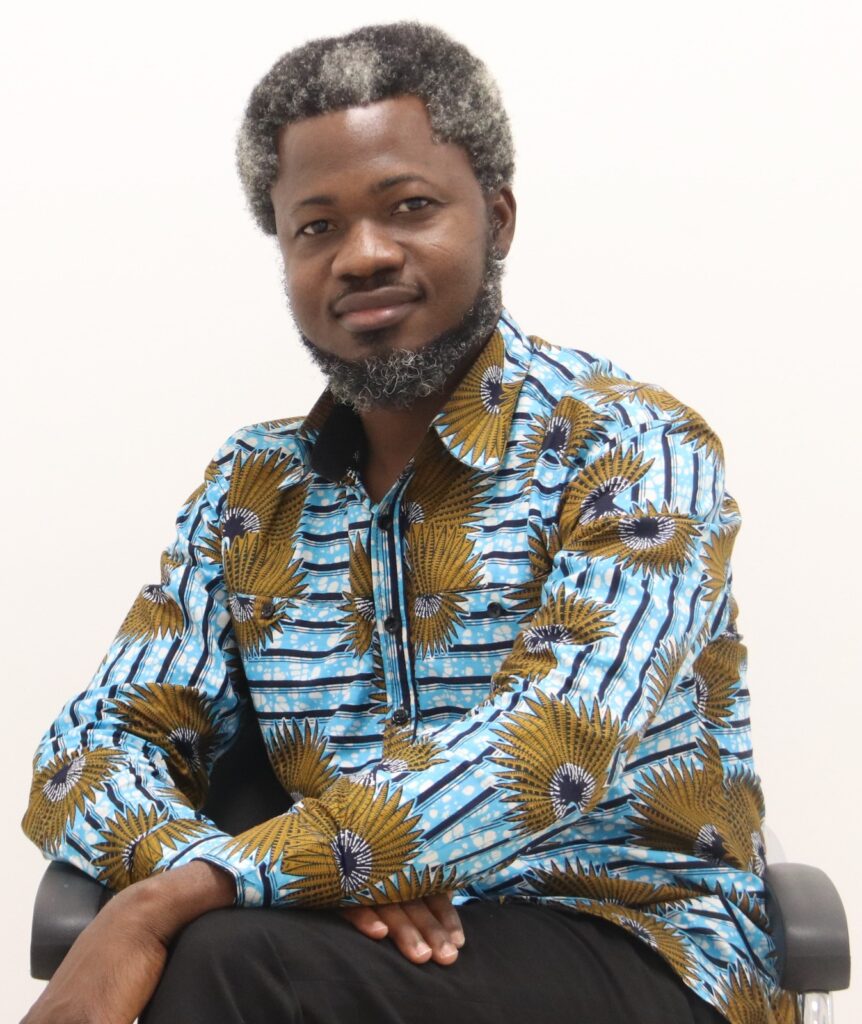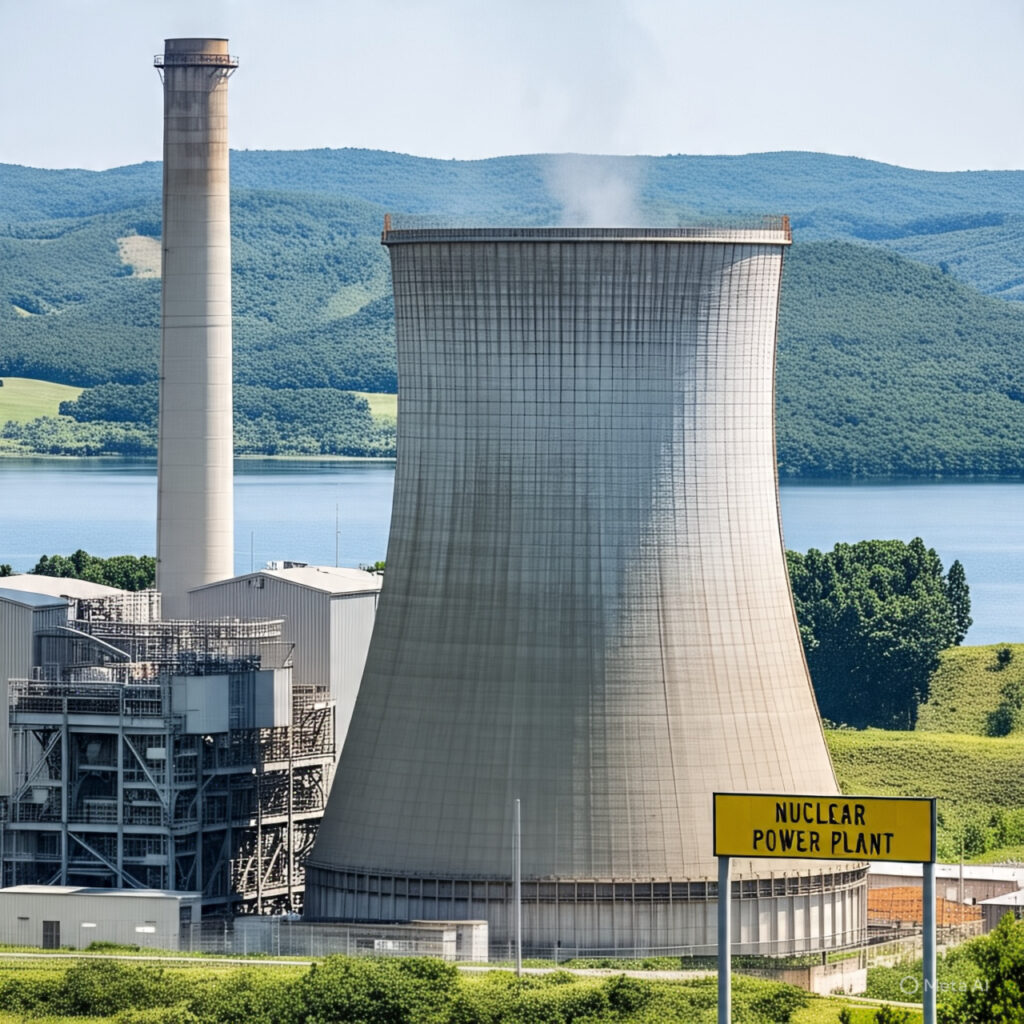
The call for the government to speed up efforts for the adoption of nuclear power in the country’s energy generation mix is gaining considerable momentum and has reached crescendo heights from various quarters.
Speaking on the sidelines of the Mark Amoah Nyasapoh, an Energy Economist and Planner at the Nuclear Power Institute (NPI) of the Ghana Atomic Energy Commission (GAEC), is urging the government to intensify efforts to incorporate nuclear power into Ghana’s energy mix. As a PhD candidate at the University of Energy and Natural Resources (UENR), Nyasapoh’s expertise lies in nuclear energy, with a focus on addressing Ghana’s power instability issues, commonly known as “Dumsor.”

What is Nuclear Power?
Nuclear power is a clean, sustainable, and reliable source of energy generated through nuclear reactions. It produces electricity by harnessing the heat released from the splitting of atoms in a nuclear reactor. Nuclear power plants use limited fuel (uranium) but generate substantial amounts of electricity to power industries and homes.
Benefits of Nuclear Power
Nyasapoh highlights the benefits of nuclear power, including:
Higher Affordability:Nuclear power is a cost-effective source of energy compared to other sources.
Clean and Safe:Nuclear energy is a clean source of energy, producing no greenhouse gas emissions during operation.
Sustainable:Nuclear power plants have a long lifespan and can operate for decades with proper maintenance.
Reliability:Nuclear power boasts the highest capacity factor at 92.3%, making it a reliable source of energy.
Countries Benefiting from Nuclear Power

Several countries are successfully harnessing nuclear power to meet their energy needs. Some examples include:
France:Nuclear power accounts for over 70% of France’s electricity generation.
-United States:Nuclear power plants generate over 790 billion kilowatt-hours of electricity annually.
Japan: Nuclear power is a key component of Japan’s energy mix, with plans to increase its nuclear capacity.
South Korea:Nuclear power is a significant source of energy in South Korea, with a well-developed nuclear industry.
Ghana’s Energy Needs
Nyasapoh emphasizes that nuclear power can play a critical role in addressing Ghana’s energy needs, particularly in supporting the country’s proposed 24-hour economy policy. By diversifying its energy mix to include nuclear power, Ghana can:
Improve Energy Security:Reduce reliance on fossil fuels and mitigate the impact of price volatility.
Increase Energy Affordability: Nuclear power can provide a cost-effective source of energy for industries and households.
Support Economic Development: A reliable and sustainable energy supply can support Ghana’s economic growth and development as it will serve as a reference point for investors to consider the country as the best investment destination ahead of other countries on the continent.
Mark Amoah believes that, by incorporating nuclear power into its energy mix, Ghana can take a significant step towards achieving energy sustainability and supporting its economic development goals.
By Calvin Dodzi Powell







